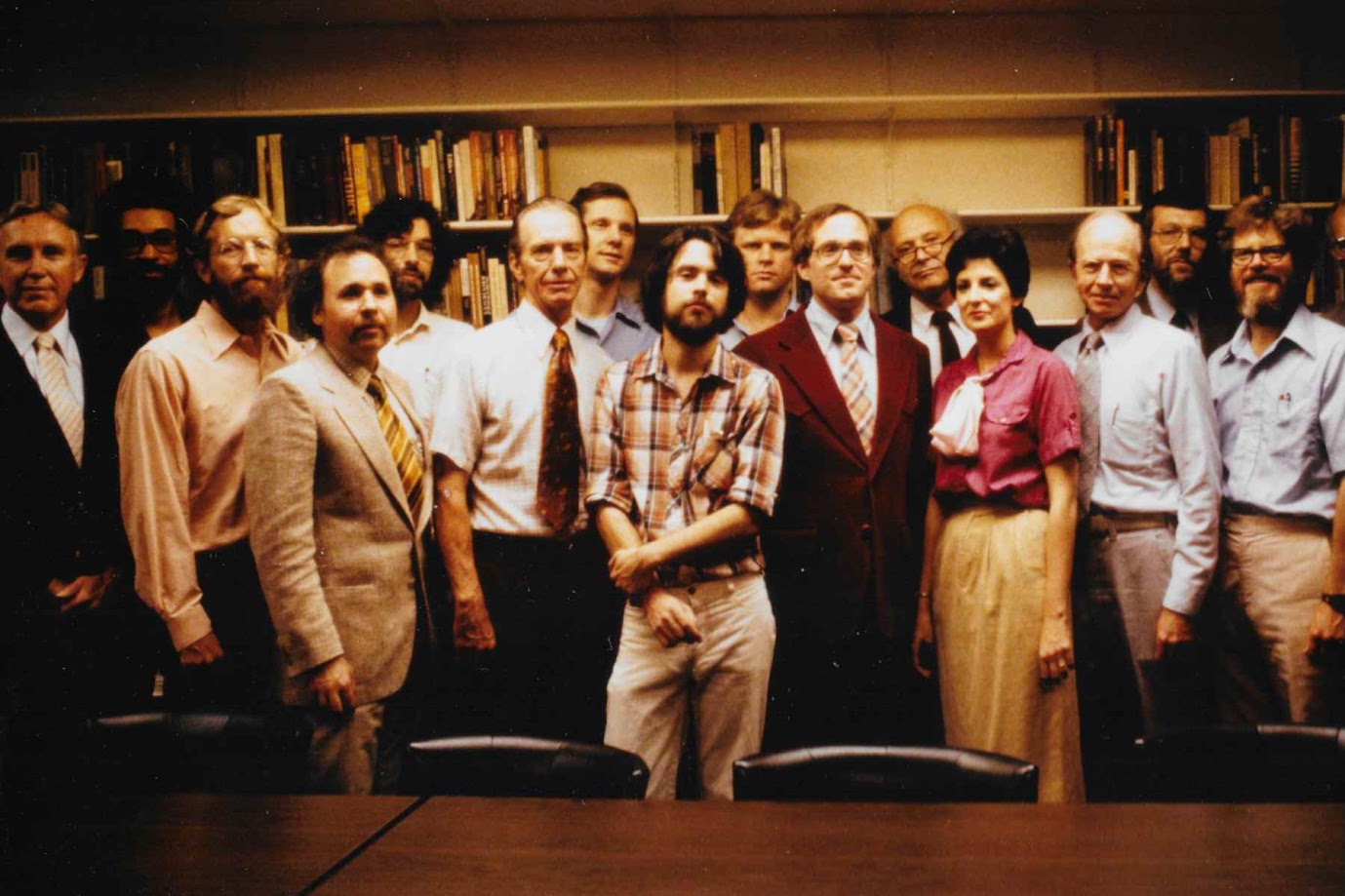Dubljevic Garners Honors

Veljko Dubljevic, an assistant professor of philosophy and science, technology and society (STS) at NC State who specializes in the ethics of emerging science and technology, racked up three major achievements during Spring 2021.
A specialist in the field of neuroethics, which embraces the ethics of neuroscience and the neuroscience of ethical judgment, Dubljevic has an outstanding record of scholarly publications for which he is widely recognized. At NC State, he teaches a course on neuroscience and philosophy, the STS capstone seminar and a seminar on ethical, legal and social implications of human enhancement technologies for the M.A. program in liberal studies.
In recognition of his outstanding contributions to research, teaching and service at NC State, Dubljevic was selected for the College of Humanities and Social Sciences Outstanding Junior Faculty Award in the Humanities for 2021 and has also been approved for early promotion to the rank of associate professor with tenure in Fall 2021.
These two impressive achievements were, however, topped by Dubljevic’s receiving a National Science Foundation (NSF) CAREER Award. These prestigious awards recognize junior faculty who exemplify the role of teacher-scholars through research and education; and they include a federal grant for research and education activities for five consecutive years. Dubljevic is only the second member of the faculty in the NC State College of Humanities and Social Sciences who has received a CAREER Award.
Dubljevic’s CAREER grant will support a project concerning the basis for the ethical programming of autonomous vehicles, which he will undertake in partnership with the NC State University Libraries’ Virtual Reality Lab, NC State’s Institute for Transportation Research and Education (ITRE), Professional Engineers of North Carolina (PENC) and the North Carolina School of Science and Mathematics (NCSSM). The project is significant because autonomous vehicles are likely to make a major contribution to public and private transportation in the near future; and it is clear that these vehicles should be programmed so as to conform to reasonable human judgments about how they ought to perform in cases of accidents and near-accidents.
Dubljevic’s central hypothesis is that the Agent-Deed-Consequence (“ADC”) model of human moral intuitions provides an effective basis for such programming. This model was developed by Dubljevic in collaboration with colleagues at the Institut de Recherches Cliniques de Montréal (IRCM) and the Department of Neurology and Neurosurgery at McGill University when he was a Postdoctoral Fellow there.
The ADC model does not seek to offer a deep account of the nature of morality and moral judgment, but to yield empirically testable predictions of everyday moral intuitions concerning certain aspects of morally significant events. The model does not provide a simple yes-or-no answer to the question of whether an event is morally acceptable, but an evaluation of three morally significant aspects of the event, viz., the Agent (A), the Deed (D) and the Consequence (C), each of which is assigned a positive or negative evaluation (+ or –). These can be combined to produce an overall assessment.
Real-world testing of Dubljevic’s hypothesis using actual autonomous vehicles would not be practically possible or ethically acceptable. The project will therefore use the NC State Libraries’ Virtual Reality Lab for virtual testing, in which members of test populations are asked to respond to visually simulated situations involving autonomous vehicles in morally significant circumstances.


